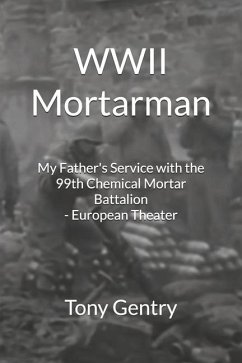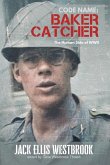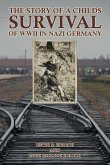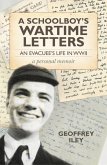In August 1944, as World War II raged, a battalion of well-trained Army artillerists were suddenly switched to a different weapon, the stubby but lethal M2 81-mm mortar, and provided just 60 days of training on how to wield that gun on the battlefield. By December they were dug into trenches in the French Vosges Mountains, facing a brutal winter and a determined foe. My father served in a crew of the 99th Chemical Mortar Battalion, which by war's end had fought for 150 straight days, eventually crossing into Germany and liberating concentration camps in Bavaria. This book is what I've learned - from personal anecdote, histories, newsletters, photographs and an essential battalion timeline - about his service in the war. Lyn Gentry, a newlywed 19-year old from rural Virginia trains as an artillery gunner at five camps in the South, guards the seafront in North Africa, gets switched to mortars in Italy, and fights alongside his Company A fellows in France and Germany, on to war's end. My father and his comrades have gone on, but this book, I hope, will in some small way help their legacy survive. From Introduction: The names and hometown addresses scrawled on an old swastika flag, torn from a German building and signed with swirling, elegant penmanship no longer taught in schools, help in imagining the young men in my father's battalion. Like him, they were all hard nuts rounding 20, draftees pulled away from Dust Bowl farms, seafront docks, small town feed stores, and mountain coal mines all fallen prey to the Great Depression. Boys with no prior notion of any geography beyond the march of a mule-drawn wagon or the reach of a jalopy's tank of gas. The rigors of war proved different in scale, but similar in some ways to what they'd known back home. Except, of course, for the killing part. That was new.








